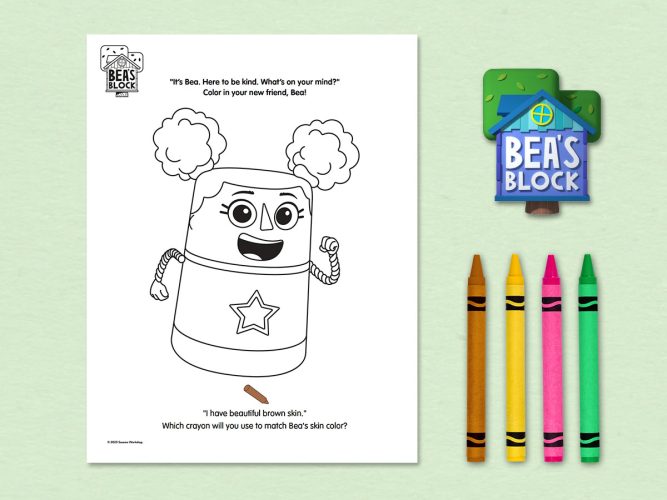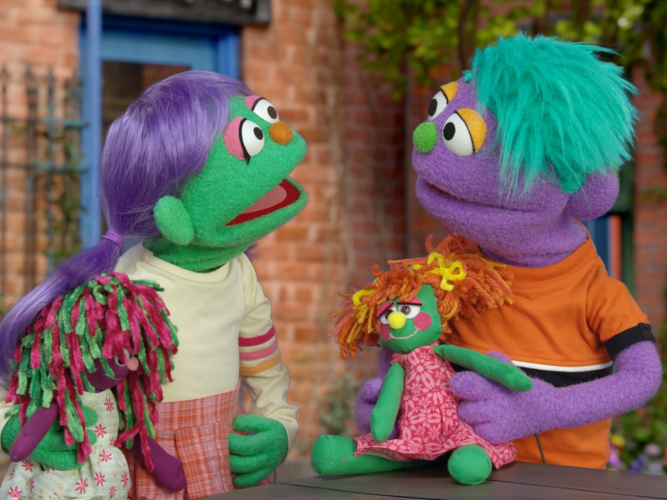
Watching for Signs of Stress
Keep an eye on these behavior changes that may indicate stress in a child.
During tough times, when there is a lot of change and uncertainty, children may just not be themselves. Just like grown-ups, kids experience stress. If changes in their behavior continue or affect their everyday life, it might be time to reach out for help. Here are some common reactions to stress and helpful ways parents can respond:
- If children are super-clingy or scared of being alone, use gentle words to reassure them that you’ll keep them safe and you will not disappear. Little ones feel comforted and safe when there are things they can count on each day. Try to create at least one daily routine that will stay the same no matter what, like reading a bedtime story or having an afternoon snack together.
- If children have trouble sleeping, offer a comfort object, like a stuffed animal or special blanket, to help them soothe themselves and calm down. Say, for instance, “Blankie will keep you company all night, and I will see you when you wake up in the morning.”
- If children are talking less or shying away from social situations, they may be keeping lots of big feelings inside. Ask how they are feeling and if they have questions. Give them words describing feelings, such as angry, sad, scared, or worried.
- More frequent meltdowns can be kids’ way of coping with a lack of control over a situation. Try activities that help them feel calmer and in control of something, such as molding clay, doing a puzzle, or building with blocks.
- If bed-wetting, thumb-sucking, or baby talk are reappearing, try to offer love and affection, and understand that these are normal behaviors in stressful times, and it can take time for them to get better.

Bea’s Block Kindness Adventure Color & Activity Guide
Activities and coloring pages for children that celebrate kindness.

Resolving Hurt Feelings with Rosita and Friends
Misunderstandings and hurt feelings can be opportunities to build friendships and develop important social skills.

Understanding Bullying
Senior Vice President of Curriculum and Content, Rosemarie Truglio, PhD, examines bullying as it affects young children, and shares ways to handle—and prevent—it.

Building a Connected Community
Take a course on ways to help children and families get ready for school and life—together!

Little Neighbors
In this webinar, you’ll learn how you can use our “Little Neighbors” initiative to help children and their families discover their power to make their communities—and the world—a happier, healthier, safer place for everyone.

Caring Communities
In our course Caring Communities, you can explore the ways to embed storybooks, printables, videos, and digital games in your work with everyone in your neighborhood.

Roads to Resilience
A course highlighting some of the best assets from topics across SesameWorkshop.org with customized approaches, and tips and tricks on using these resources in your work with caregivers and their children.
